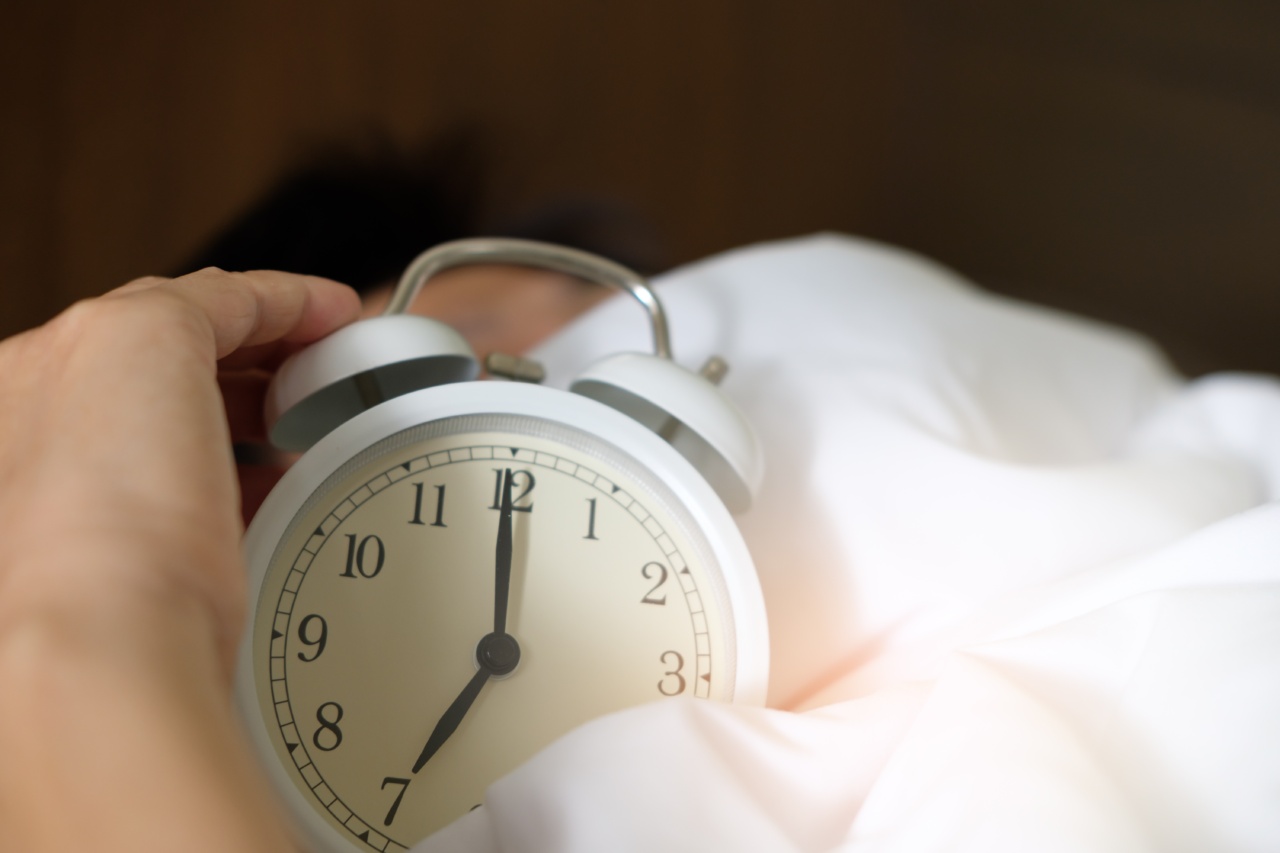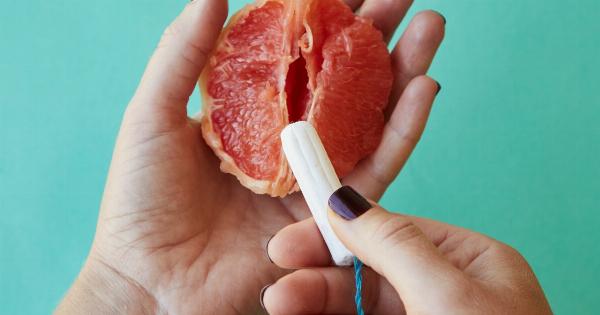Alcohol consumption is a common habit for many individuals, serving as a way to relax or socialize. However, it is important to understand the effects of alcohol on our health, particularly its impact on sleep.
While alcohol may initially induce drowsiness and help people fall asleep faster, it actually disrupts the internal clock of sleep, leading to a poorer overall sleep quality. This article explores the reasons behind why alcohol causes disturbances in the internal clock of sleep.
The Internal Clock and Sleep
Before delving into the effects of alcohol on sleep, it is necessary to understand the concept of the internal clock. Our bodies have a biological mechanism called the circadian rhythm, which regulates our sleep-wake cycle.
This internal clock operates on a roughly 24-hour cycle and is influenced by external cues such as light and darkness. The circadian rhythm helps us maintain a regular sleep schedule and ensures that we feel alert during the day and sleepy at night.
Alcohol and Sleep Quantity
Many people turn to alcohol as a means to fall asleep faster or tackle insomnia. While alcohol can initially make you feel drowsy, it ultimately disrupts sleep quantity.
Research has shown that alcohol consumption in the evening can lead to a reduction in the amount of rapid eye movement (REM) sleep, which is the stage of sleep associated with dreaming and overall mental well-being. Without sufficient REM sleep, individuals may experience daytime grogginess, difficulty concentrating, and emotional imbalance.
Effects on Sleep Architecture
In addition to reducing REM sleep, alcohol also disrupts the normal sleep architecture. Sleep consists of different stages, including light sleep, deep sleep, and REM sleep. Normally, these stages occur in a cyclical pattern throughout the night.
However, alcohol consumption can alter this pattern. It often increases the duration of light sleep and decreases the duration of deep sleep, leaving individuals feeling less rested in the morning.
Moreover, alcohol can cause fragmented sleep, meaning individuals may wake up frequently throughout the night without even realizing it.
Alcohol as a Diuretic
Another reason why alcohol causes disturbances in the internal clock of sleep is its diuretic effect. Alcohol is classified as a diuretic, which means it increases urine production and can lead to more frequent trips to the bathroom during the night.
These nocturnal awakenings disrupt the natural sleep cycle and can prevent individuals from achieving deeper, uninterrupted sleep stages. Consequently, this can result in feeling tired and unrefreshed upon waking.
Suppression of Melatonin Production
Melatonin is a hormone produced by the pineal gland in our brains, and it plays a crucial role in regulating the sleep-wake cycle. It is typically secreted in response to darkness, signaling to our bodies that it is time to sleep.
However, alcohol consumption can suppress the production of melatonin, disrupting this delicate balance. Consequently, individuals who consume alcohol before bed may feel more alert and struggle to fall asleep.
Increased Sleep Disorders
Research has shown that alcohol consumption is linked to an increased risk of developing sleep disorders, such as sleep apnea and insomnia.
Sleep apnea is a condition where breathing repeatedly stops and starts during sleep, leading to disrupted sleep patterns. Alcohol acts as a muscle relaxant, which can exacerbate the symptoms of sleep apnea and increase the number of apnea episodes during the night.
Similarly, individuals with insomnia often report using alcohol to help them fall asleep, but it can actually worsen the condition in the long run.
Impaired Sleep Quality
Despite potentially increasing sleep quantity, alcohol significantly impairs sleep quality. Even small amounts of alcohol can disrupt the sleep cycle, leading to fragmented and less restorative sleep.
The frequent awakenings throughout the night prevent individuals from reaching the deep sleep stages necessary for physical and mental rejuvenation. As a result, even if an individual has technically slept for eight hours, the overall sleep quality is diminished, leading to feelings of fatigue and impaired cognitive functioning the next day.
Alcohol Withdrawal and Insomnia
Excessive or prolonged alcohol consumption can lead to physical dependence, and abruptly stopping alcohol intake can trigger withdrawal symptoms. Insomnia is one of the common symptoms of alcohol withdrawal.
When individuals try to quit or reduce their alcohol consumption, their sleep patterns often become disrupted, making it difficult to fall asleep and stay asleep. This further reinforces the link between alcohol and disturbances in the internal clock of sleep.
Alcohol and Circadian Rhythm Disruption
Lastly, alcohol interferes with the normal functioning of our circadian rhythm. As mentioned earlier, the circadian rhythm helps regulate our sleep-wake cycle and ensures our body functions optimally at different times of the day.
Alcohol disrupts this delicate balance by affecting the expression of genes that control our internal clocks. These disturbances to our circadian rhythm can lead to long-term sleep disturbances and an increased risk of developing chronic sleep disorders.
Conclusion
While alcohol may have a sedative effect and help individuals fall asleep faster, it ultimately disrupts the internal clock of sleep.
By reducing REM sleep, altering sleep architecture, acting as a diuretic, suppressing melatonin production, and increasing the risk of sleep disorders, alcohol significantly impairs sleep quality. Understanding these effects is crucial for individuals who want to prioritize a restful night’s sleep and maintain optimal health.































